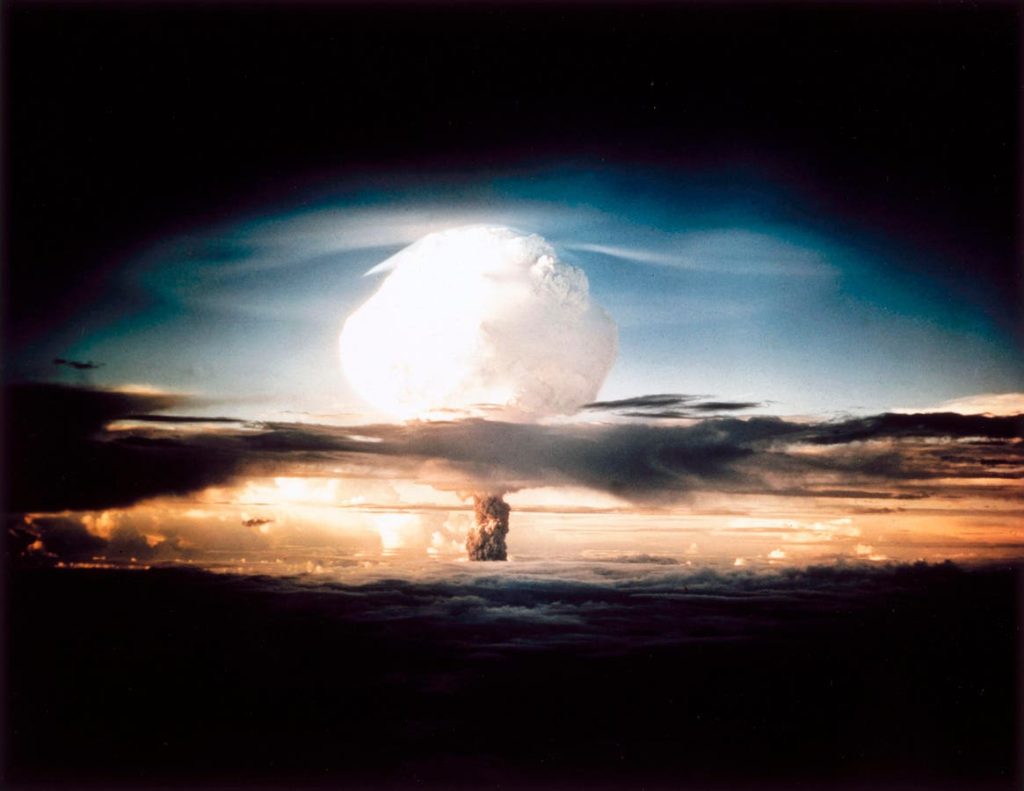In a recent development that could potentially spark a great-power conflict, the Kremlin has been accused of developing a nuclear-tipped anti-satellite missile, leading to condemnation from White House National Security Advisor Jake Sullivan. This move has raised concerns among defense experts from various universities, think tanks, and the American military. These experts have been testing war-game models to analyze the potential impact of a nuclear warhead detonation in low Earth orbit on satellites, human spacecraft, and space stations. The detonation of a nuclear bomb near the International Space Station could result in severe damage to the astronauts, leading to potential evacuation and radiation sickness.
The Pentagon’s Defense Threat Reduction Agency conducted a study involving simulated nuclear explosions at varying altitudes to assess the potential damage to satellites. The results showed significant damage to the International Space Station and the astronauts onboard, highlighting the grave dangers posed by a nuclear explosion in orbit. While Russia denies involvement in a secret project to build a new nuclear ASAT, concerns remain over the country’s adherence to international space treaties, including the Outer Space Treaty. The veto of a space arms control resolution at the UN Security Council by Russia’s envoy has further fueled speculation about Moscow’s intentions.
The potential deployment of a Russian nuclear ASAT in orbit could threaten strategic satellites belonging to the U.S. and other NATO nations. This could lead to a scenario where the U.S. might need to consider destroying the Russian spacecraft with a conventional ASAT to safeguard its own satellites. Adherence to international law, including UN Charter obligations, would be crucial in determining the legal justification for such action. Experts warn of the risk of a large-scale conflict if Russia were to launch a nuclear ASAT or if a nuclear warhead were detonated in orbit, destroying crucial satellite infrastructure.
The escalation of tensions in space comes amid broader geopolitical turmoil, with Russia’s invasion of Ukraine leading to increased threats of nuclear strikes. The global community has voiced concerns over the possibility of nuclear weapons being used in the conflict, highlighting the urgent need for nuclear disarmament. Organizations like the International Campaign to Abolish Nuclear Weapons are advocating for the complete abolition of nuclear arms to prevent catastrophic outcomes. The current situation underscores the pressing need for international cooperation to address the existential threat posed by nuclear weapons and prevent a descent into global conflict.
The possibility of a nuclear conflict in space or on Earth has raised alarm among experts and policymakers, who stress the importance of upholding international laws and treaties to prevent such a scenario. The fragile balance of power between nuclear-armed nations heightens concerns about the potential consequences of military escalation. The threat posed by nuclear weapons underscores the need for a concerted effort to abolish these destructive arms and prevent catastrophic outcomes. Amidst escalating tensions and geopolitical uncertainty, the world faces a critical juncture in ensuring global peace and security in the face of existential threats posed by nuclear weapons.


